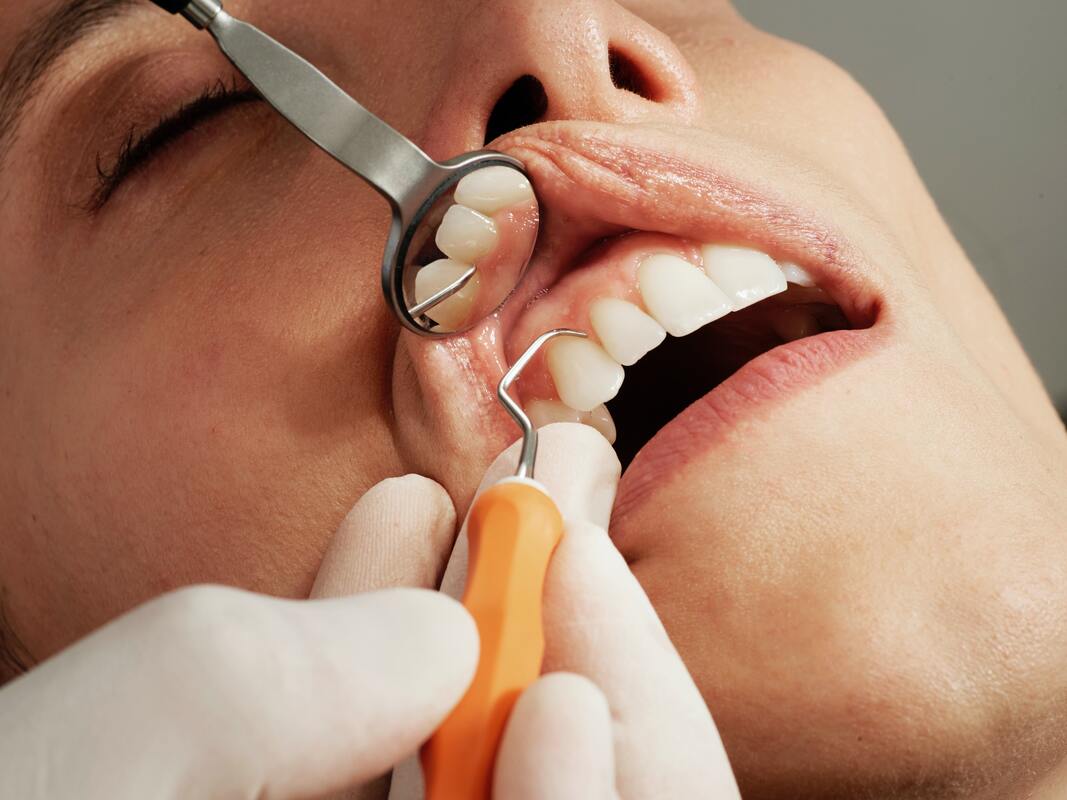We’ve all been there—we’re not feeling well or tired, and our appetite just isn’t what it used to be. For most, this may not be a cause for concern. However, the Encyclopedia of Food Sciences and Nutrition observed that appetite loss often indicates the disease progressing or a diagnosis that hasn’t been made yet.
Whether you’re dealing with a temporary bout of nausea or going through cancer treatment, there are things you can do to help stimulate your appetite. Here are some tips to help fire up your appetite.
1. Grazing
If your problem stems from chemotherapy or radiation treatment, you may want to consider grazing throughout the day instead of eating large meals. Chemotherapy, in particular, can cause nausea and vomiting, so having smaller, more frequent meals can help you keep your food down.
For example, you might have a light breakfast, followed by a snack an hour or two later. Then, you can have a small lunch, followed by another snack in the afternoon. Finally, you can have a light dinner. This approach can also help if you’re struggling with nausea and vomiting because it can make it easier to digest food.
2. Protein Diet
Meanwhile, if appetite loss is caused by nutrition problems, you might consider following a protein diet. This diet focuses on consuming high-protein foods, which can help improve your appetite.
Some examples of high-protein foods include:
- Meat: You can make a sandwich with chicken, turkey, or roast beef. You can also include these meats as part of a salad.
- Fish: Tuna, salmon, and sardines are all good protein sources. You can eat them alone or add them to a salad or pasta dish.
- Eggs: Hard-boiled eggs make a great snack. You can also add them to a salad or make an omelet.
- Nuts and seeds: Almonds, pistachios, and sunflower seeds are all high in protein. You can eat them alone or add them to a trail mix.
- Cheese: Cheddar cheese, Swiss cheese, and mozzarella cheese are all high in protein. You can eat them alone or add them to a sandwich or salad.
- Beans: Black beans, lentils, and kidney beans are all good sources of protein. You can make a soup or stew with them or add them to a salad.
You can also get protein from supplements, such as whey protein or casein protein. If you’re struggling to consume enough protein from food alone, supplements can help you reach your daily goals. However, it’s best to speak with a doctor or dietitian first to ensure supplements are safe for you.

3. Dental Implants
You may consider getting dental implants if the problem arises from oral health problems, such as tooth loss. Tooth implants are artificial roots that are surgically implanted into the jawbone. Once in place, they provide a strong foundation for artificial teeth, such as dentures, bridges, and crowns. You may have trouble eating certain foods if you’ve lost teeth. This can lead to a decrease in appetite. However, tooth implants can help you eat and enjoy all your favorite foods again.
Most people who get dental implants usually have a short recovery period. The process usually takes a few months, and the actual implant surgery usually only lasts an hour or two. You may need to take some time off from work to recover, but you should be able to return to your normal routine within a week or two.
Your dentist will give you specific instructions on how to care for your dental implants after surgery. You may need to avoid certain activities, such as smoking and drinking alcohol, for a while. You’ll also need to make sure you brush and floss your teeth regularly and keep up with your regular dental appointments.
4. Acupuncture
You may want to consider acupuncture if you’re struggling with appetite loss due to stress or anxiety. This ancient Chinese practice is said to help relieve stress and promote relaxation. It’s also been shown to be effective for several other conditions, such as pain, fatigue, headaches, and nausea.
A review of studies found that acupuncture can help improve appetite and weight gain in people with cancer. It can also help relieve nausea and vomiting. It is generally considered safe when performed by a trained professional. The most common side effect is mild pain or discomfort at the site of needle insertion. There’s also a small risk of infection, but if you’re struggling with appetite loss due to stress or anxiety, it can also help relieve other symptoms.
Losing your appetite can be frustrating, but there are things you can do to help get it back. Try eating small, frequent meals throughout the day, be sure to include plenty of protein and calories. Considering dental implants and acupuncture can also help. Regardless, speak with a doctor or dietitian to devise a plan that’s right for you.